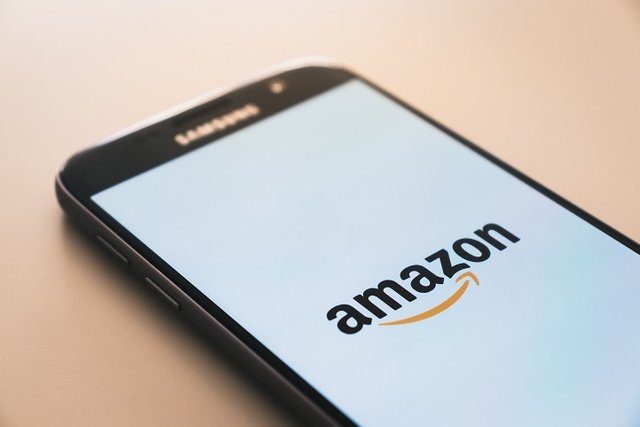Why Nike left Amazon
Nike decided to withdraw from Amazon. The intention is to directly manage consumers and contacts and increase their own online sales. The industry foresaw the decision to have a significant impact on other brands that do business with Amazon.
Major foreign sources, including Bloomberg, said Nike decided not to sell the product on Amazon. The company has been selling sneakers and apparel as part of its pilot program since Amazon in 2017, but decided not to supply any more.
"We decided to close our sales on Amazon to focus on improving the consumer experience with a more direct and personal relationship with consumers," Nike said. "We will focus on our own website, mobile and offline sales."
Nike's decision to withdraw from Amazon is interpreted as a major change in the company's management. Nike recently named John Donnahu, the CEO of e-commerce company eBay, as CEO of Mark Parker, who retires in January next year.
The industry believes that the new Donnahue CEO is from eBay, so he has experience in the online sales ecosystem and will develop a more aggressive strategy. It was known that even inside Nike, the opposition was strong when we started working with Amazon.
Another reason for this decision is to avoid unnecessary competition in Amazon. Nike competed for reviews and pricing with third-party vendors that offer identical or similar products on Amazon. However, it seems to have concluded that Amazon's influence is not necessary as there is already a point of contact with consumers such as its own homepage.
Nike's decision is expected to bring many waves to the industry. It is also analyzed that more brands will leave Amazon in the future. If you have some consumers and channels looking for your own brand, you can have a different online strategy.
In the US market, Amazon has become the space most people are looking for online shopping or product search, but it is also less attractive if it is not a new brand. This is especially true for brands that need to pay attention to the environment and exposure rankings where competing products or similar copycat products are searched together.
"Amazon only serves as a signal manager to reduce conflict in consumption," said Randy Connic Jeffreys. "It doesn't create a community of brand consumers."


